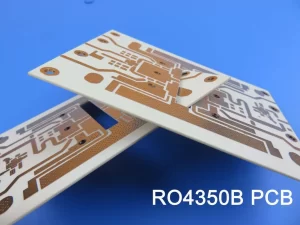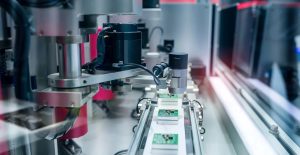目录
ToggleThe Environmental Impact of PCB Production: Challenges and Solutions
Introduction to Environmental Impact of PCB Production
The production of Printed Circuit Boards (PCBs) significantly impacts the environment. This article examines the challenges posed by PCB manufacturing and explores sustainable solutions.
Environmental Challenges in PCB Manufacturing
PCB production involves processes that can be harmful to the environment, including chemical etching and lead soldering. We discuss these challenges and their environmental implications.
Innovations in Eco-Friendly PCB Production
Recent innovations aim to reduce the environmental footprint of PCB production. This section explores new methods and materials that are more eco-friendly and sustainable.
Implementing Green Manufacturing Practices
Implementing green manufacturing practices in PCB production is essential for sustainability. We examine the steps companies are taking to make their processes more environmentally friendly.
The Role of Recycling and Reuse in PCB Production
Recycling and reusing PCB materials play a crucial role in reducing waste. Here, we discuss how recycling and reuse are being integrated into the PCB manufacturing process.
Conclusion
Reducing the environmental impact of PCB production is a complex challenge, but with innovative technologies and responsible practices, it is an achievable goal. Embracing these solutions is key to a more sustainable future in electronics manufacturing.
-
Optimizing Signal Integrity in Multi-layer PCBs for High-Speed Data Transfer
-
Optimizing Thermal Management in High-Density PCB Layouts
-
Advanced Techniques in High-Frequency PCB Design for 5G Applications
-
Eco-Friendly Approaches in PCB Manufacturing: Reducing Environmental Impact
-
Emerging Trends in PCB Manufacturing: From Traditional Methods to Cutting-Edge Innovations






